Dead Poets Society (1989) Movie Quote
Spooilermovie.com Thank you for stopping by! Let’s explore Dead Poets Society 1989 Movie Quote together As of now I’d like us to consider Dead Poets Society 1989 Movie Quote, In-depth Information About Dead Poets Society 1989 Movie Quote Contains spoilers and the full plot of the movie-if you don’t mind. Keep reading this article! Let's discuss it completely until the closing part of the writing.
Dead Poets Society (1989) is an emotionally impactful film that explores themes of individuality, freedom of expression, and the tension between conformity and personal identity. The story follows an English teacher, John Keating (Robin Williams), who inspires his students at an all-boys preparatory school to embrace their creativity and pursue their passions. Here are some of the most emotional and powerful dialogues from the film:
John Keating, speaking to his students about the importance of living life to the fullest:
Context: This iconic line is deeply emotional because it reflects the central message of the film. Keating challenges his students to break free from the rigid, authoritarian constraints of the school and live life with passion and purpose. His encouragement to "seize the day" resonates as a call for self-discovery and embracing one’s true potential. It is a moment that inspires both the characters in the film and the audience.
John Keating, speaking to Todd Anderson (Ethan Hawke), after Todd’s struggles with self-confidence and expression:
Context: This dialogue is emotional because it reflects Keating’s deep belief in the importance of individuality and personal integrity. Todd, who has struggled with shyness and fear of judgment, is encouraged by Keating to speak up for himself, no matter the cost. It’s a powerful moment about the courage to stand by one’s convictions, even when faced with opposition.
John Keating, giving a passionate speech about poetry and its emotional power:
Context: This line is emotional because it speaks to the deeper purpose of life and the power of art to elevate the human experience. Keating’s passionate plea to his students reminds them that life is not just about achieving success or conforming to expectations; it’s about embracing beauty, love, and the things that stir the soul. This dialogue encapsulates the theme of the film, which is about living authentically and passionately.
Todd Anderson, speaking to his parents after a pivotal moment in the film:
Context: This moment is deeply emotional because it marks Todd’s breakthrough in finding his own voice. After struggling with the pressure of living up to his parents’ expectations, Todd finally declares his desire to be true to himself. It’s a powerful declaration of independence and a poignant moment in his personal growth. This dialogue showcases the conflict between societal expectations and personal freedom that is central to the film.
John Keating, speaking to the headmaster, after being dismissed from his teaching position:
Context: This dialogue is emotional because it shows Keating’s vulnerability and regret. Despite his best efforts to inspire his students, he feels that his influence has been undermined by the school's administration. Keating’s recognition of his failure to truly change the system highlights the tension between individual creativity and the rigidity of institutional control. It’s a bittersweet moment of self-reflection for Keating, acknowledging the limits of his power.
The students, in their final tribute to John Keating:
Context: This emotional moment occurs at the end of the film when Keating is dismissed from the school, and his students rise in a final act of defiance and gratitude. The line "O Captain! My Captain!" is a reference to Walt Whitman’s poem, which symbolically honors Keating’s leadership and the inspiration he provided. The students’ gesture is deeply moving because it shows the profound impact Keating had on their lives, encouraging them to stand up for what they believe in, even in the face of authority. It’s a powerful moment of recognition and respect for the teacher who changed them.
These dialogues from Dead Poets Society reflect the emotional struggles and triumphs of the characters as they grapple with the pressures of society, the desire to break free from conformity, and the courage to live authentically. The film’s exploration of personal growth, the importance of self-expression, and the impact of a mentor on young minds makes it a timeless and deeply emotional story.
That is the complete summary about dead poets society 1989 movie quote that I have presented Don't forget to share this knowledge with others always innovate in your career and maintain your health. Let's invite others to read this post. thank you.


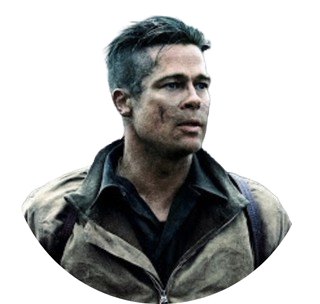
%201.png)
%202.png)
%203.png)
%204.png)
%205.png)
%206.png)



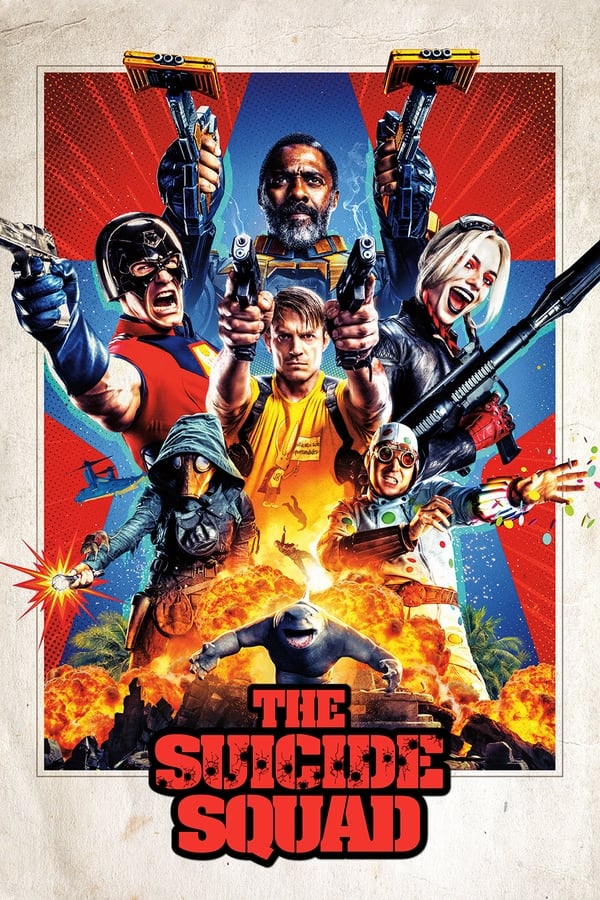
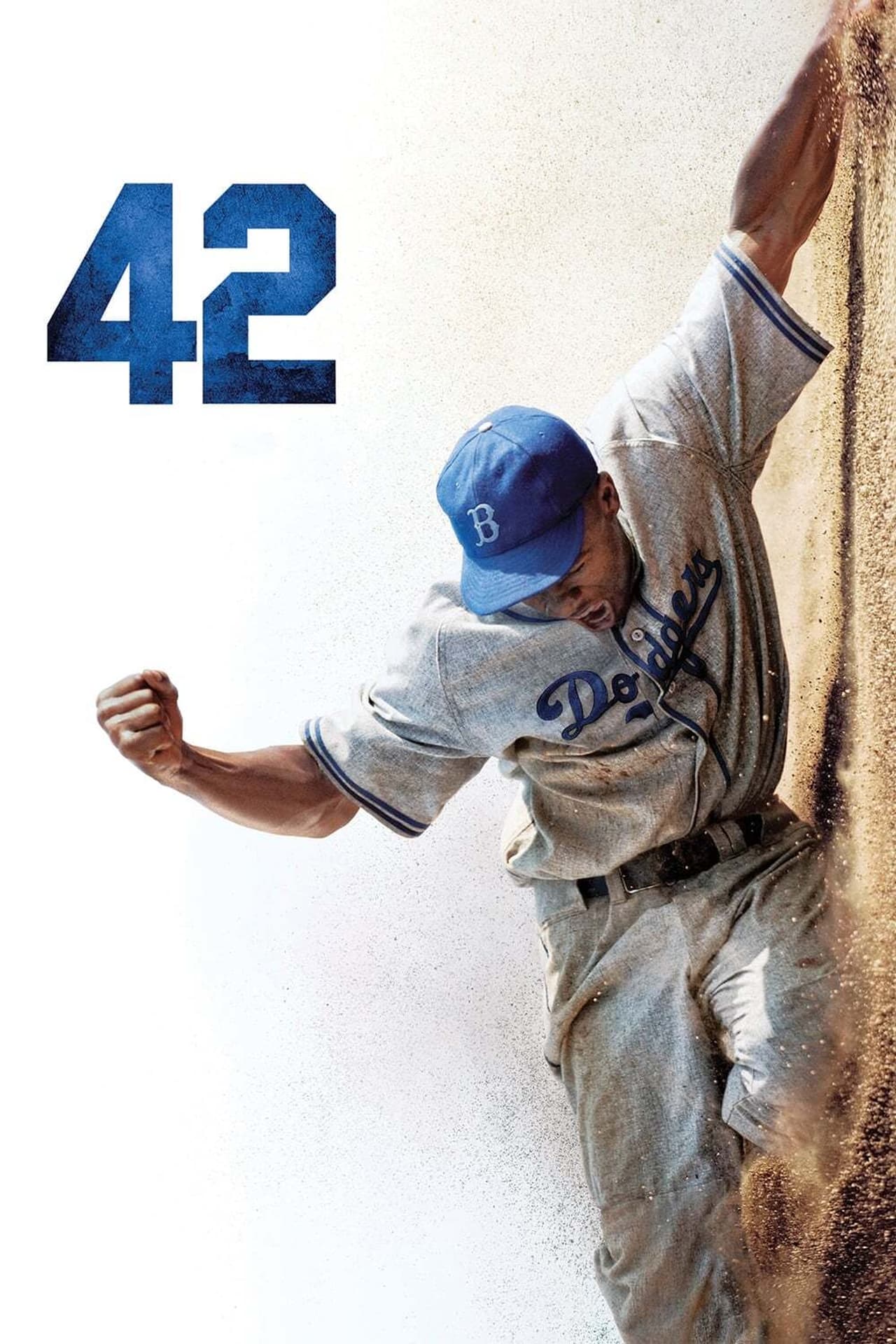

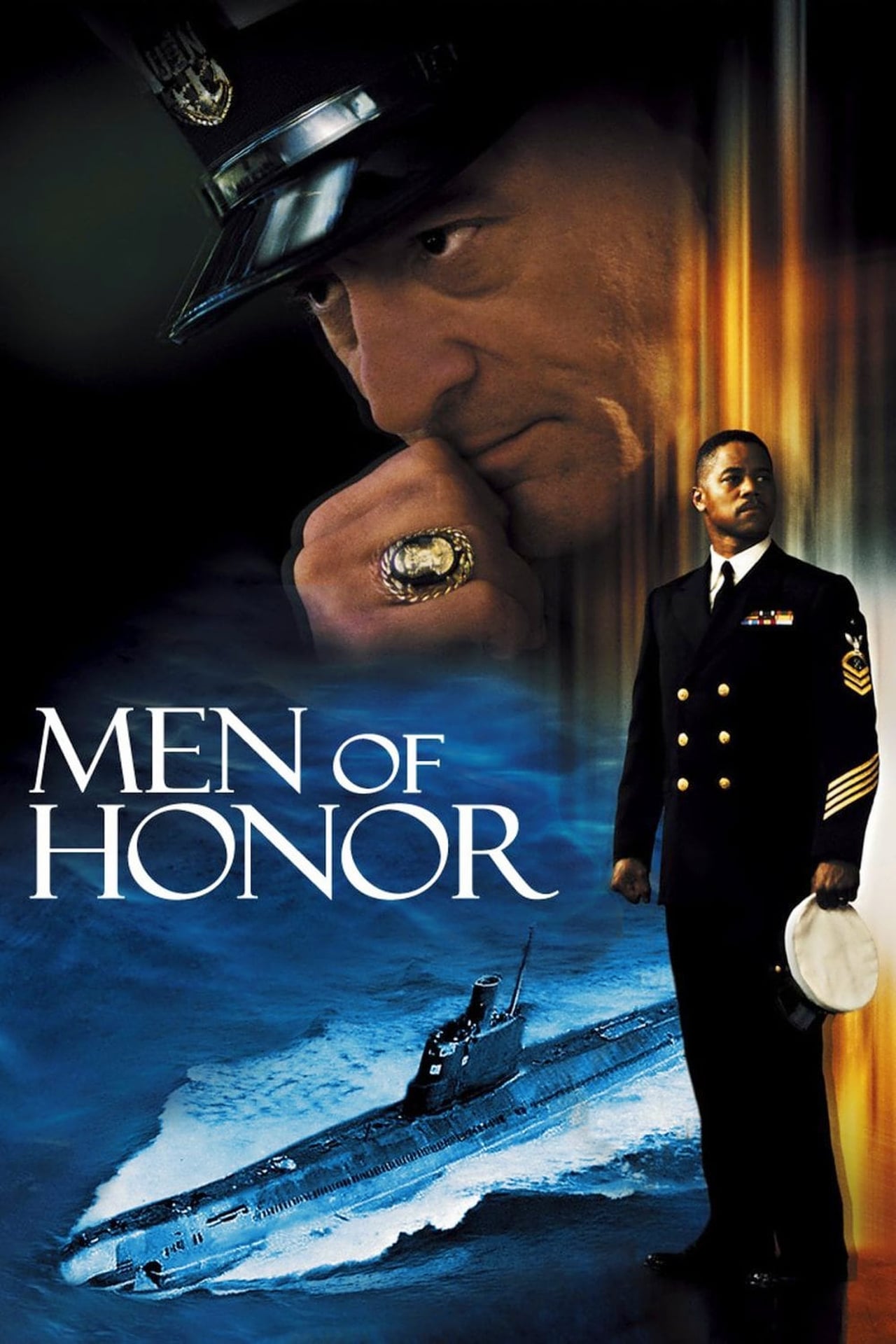


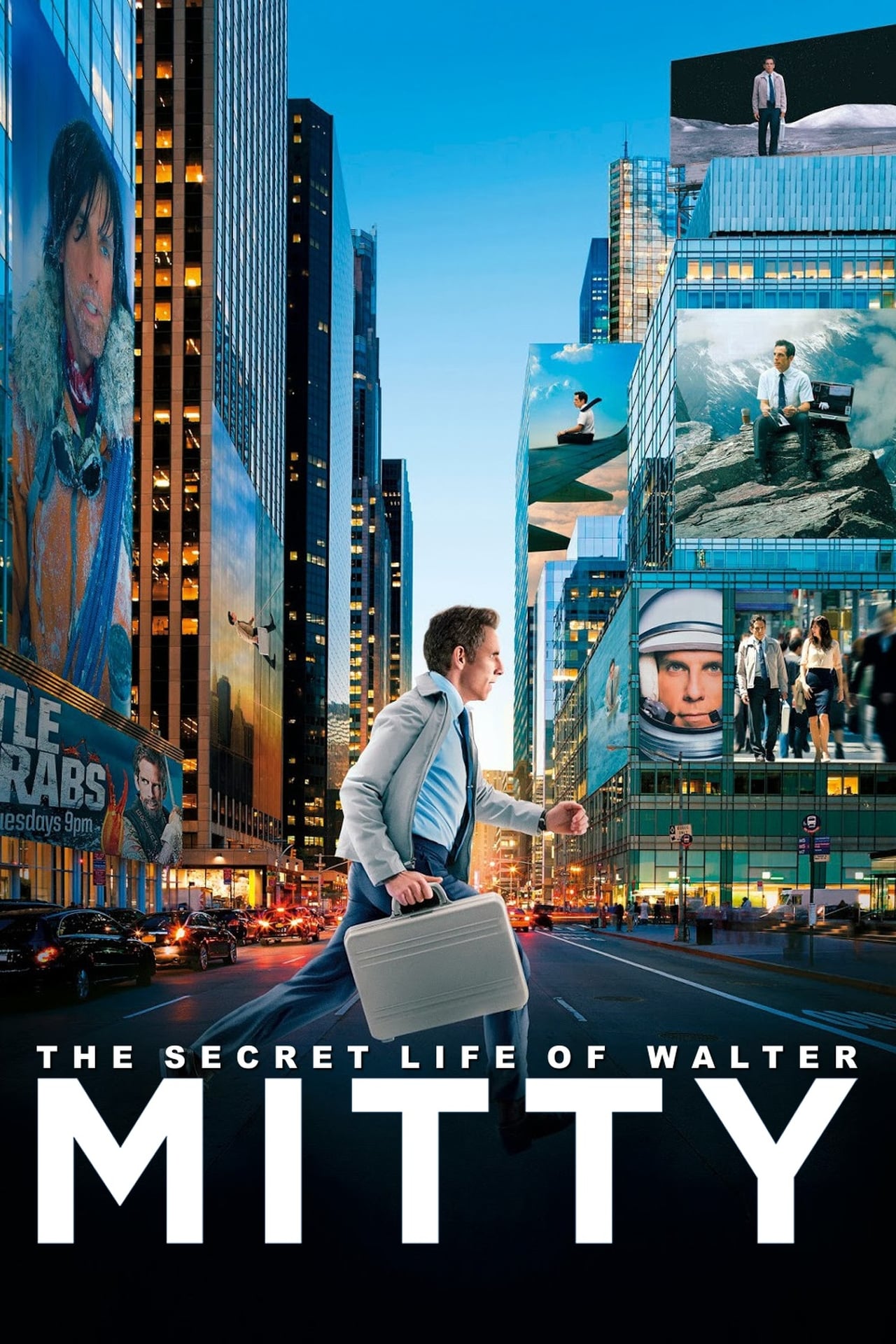
✦ Tanya AI